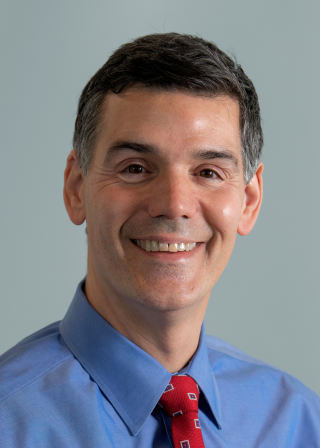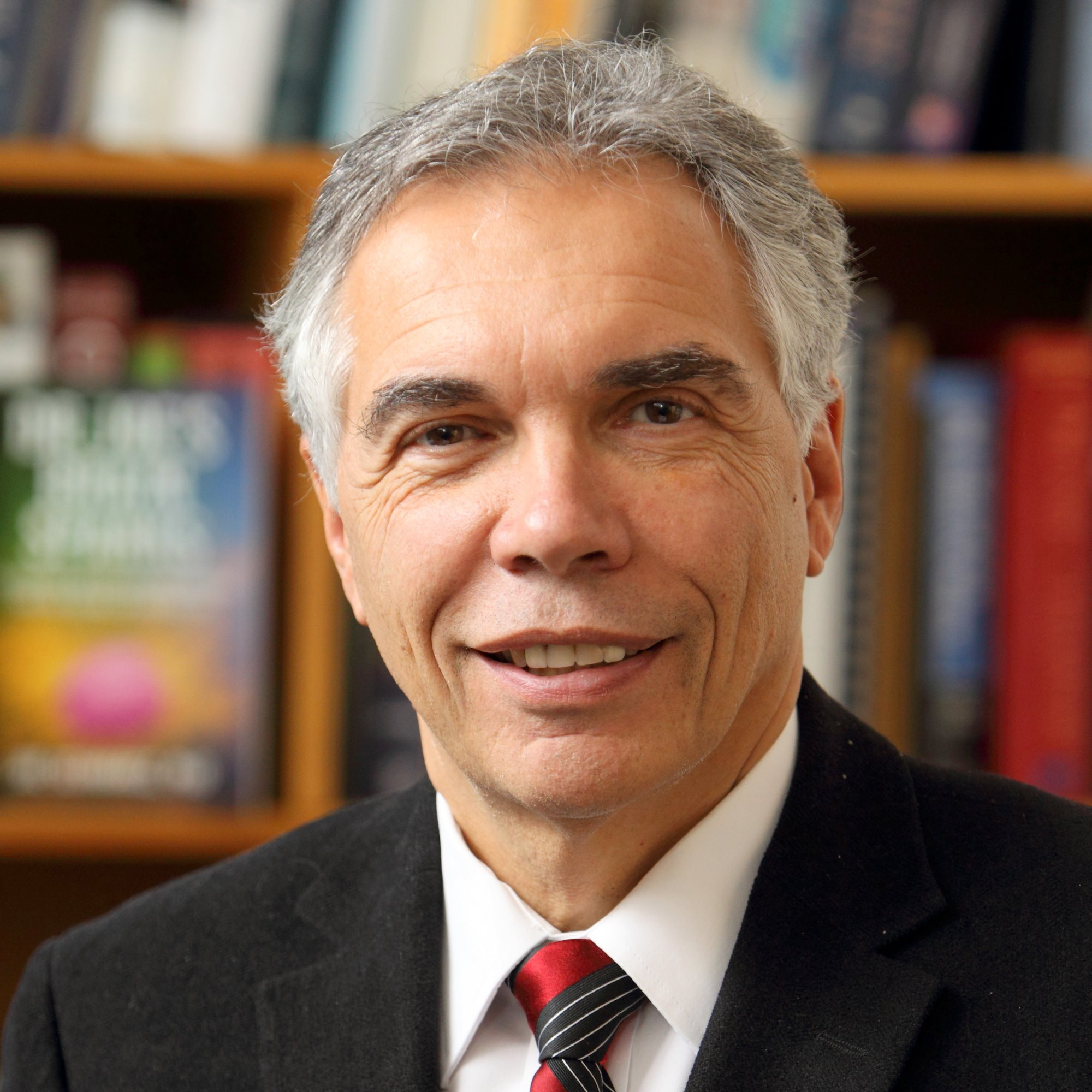
Although we recognize it when we encounter it, defining stress is difficult. Even stressful. Let’s try this one on for size. Stress is the mind’s reaction to a situation one does not want to be in and results in some form of altered biochemical activity such as elevated cortisol levels in the blood resulting in symptoms ranging from sweating to a pounding heart. The nature of the situation is subjective. While being mugged on the street would start anyone’s heart racing, public speaking may be extremely stressful for one individual but not at all for another. It is safe to say that we all experience stress at some point in our lives which raises the question of dealing with it in the best fashion.
We have often heard that laughter is the best medicine, and while that may be an overstatement, it can reduce cortisol levels. Yoga, meditation, or just listening to comforting music can help deal with stress as can support groups in case of illness. Going for a nature walk can be very calming.
Stress doesn’t necessarily have to provoke negative effects on the body, the key may lie in how an adverse situation is handled. You can rant and rave upon finding a parking ticket on your car, or calmly accept the fact that you were negligent. In either case, you end up having to pay the fine. The financial penalty is the same, but the penalty for your health may be quite different.
For the past two years, we have been dealing with COVID-19, a stressful situation for just about everyone. That’s why there was no stress when it came to choosing the most appropriate topic for this year’s Trottier Public Science Symposium. It would be STRESS! And what to do about it. As always, we reached out to experts in the field. Dr. Melissa Lem will tell us how she prescribes the use of nature to relieve stress and Dr. John Denninger will probe the possibility of stress in some cases being beneficial.
Please REGISTER in advance.
This event will not be live-streamed. It will be available the following day on our website and YouTube channel.
Symposium Schedule
Monday, September 19
Moyse Hall, McGill Arts Building
1:30pm ET: Roundtable discussion moderated by Joe Schwarcz
- Christopher Barrington-Leigh PhD, Associate Professor, Bieler School of Environment and the Institute for Health and Social Policy
- John Denninger MD, PhD, Director of Research and Clinical Training, Benson-Henry Institute for Mind Body Medicine, Massachusetts General Hospital
- Eric Galbraith PhD, Professor, Department of Earth & Planetary Sciences, McGill University, and Canada Research Chair in Human-Earth System Dynamics
- Melissa Lem MD, CCFP, FCFP, Director of Park Prescriptions, BC Parks Foundation; Clinical Assistant Professor, University of British Columbia
- Debbie Schwarcz MDCM, CCFP-EM, Emergency physician, McGill University Health Center, Lachine campus, Family physician, Sante Mont-Royal
- Rob Whitley PhD, Associate Professor, Department of Psychiatry, McGill University, and Research Scientist at the Douglas Research Centre
7:00pm ET: Symposium With Drs. John Denninger and Melissa Lem
About the Speakers
Dr. John Denninger | "Is Stress Good For You?”

Stress is all around us, but are we powerless against it? We are often told that stress is harmful—and there is no doubt that chronic stress has the ability to impact health. Evidence shows, however, that practices like meditation, yoga, and others serve as tools we can use to shift how our bodies and brains respond to stress. These practices can 1) change our brains’ structure and function and 2) alter the pattern of how our bodies' genes are turned on and off, changes that can profoundly affect health and the ability to flourish. With the right tools, the inevitable stresses we face can become challenges that build us up rather than break us down.
Dr. John Denninger is Director of research and clinical training at the Benson-Henry Institute for Mind Body Medicine at Massachusetts General Hospital (MGH). He also serves as Psychiatrist at MGH, as Instructor in Psychiatry at Harvard Medical School, and as Senior Advisor in the MGH/McLean Psychiatry Residency Research Concentration Program. Dr. Denninger’s work focuses on mind-body interventions such as the Benson-Henry Institute’s evidence-based Stress Management and Resiliency Training program; meditation, mindfulness, yoga and related practices; stress reduction techniques; and resiliency enhancement approaches. Ultimately, he wants to understand—at a biological level—how approaches like these are able to promote wellness and enable flourishing in diverse groups of people.
Dr. Melissa Lem | “Prescribing Nature: What the Outdoors Can do for Your Health”
 Nature prescriptions were named one of the top eight global wellness trends in 2019. But for thousands of healthcare professionals across North America, it’s more than just a trend—it’s become an important part of their practices. From optimal dosing to brain activity, research into the impacts of nature on human health has been growing over the past four decades. This talk will explore key studies from the wide-ranging body of literature on the health benefits of green time, and why connecting to nature could be essential for personal and planetary wellbeing.
Nature prescriptions were named one of the top eight global wellness trends in 2019. But for thousands of healthcare professionals across North America, it’s more than just a trend—it’s become an important part of their practices. From optimal dosing to brain activity, research into the impacts of nature on human health has been growing over the past four decades. This talk will explore key studies from the wide-ranging body of literature on the health benefits of green time, and why connecting to nature could be essential for personal and planetary wellbeing.
Dr. Melissa Lem is a Vancouver family physician and Clinical Assistant Professor at the University of British Columbia. Director of PaRx, Canada’s national nature prescription program powered by the BC Parks Foundation, and President-Elect of the Canadian Association of Physicians for the Environment, she is an internationally recognized expert in the field of nature and health. A widely published writer, she was the resident medical expert on CBC TV’s hit lifestyle show Steven and Chris for four seasons and continues to appear on air as a regular contributor to CBC TV, CBC Radio, and CTV News.
Follow Dr. Melissa Lem on Twitter.
Moderator: Dr. Joe Schwarcz
 “Dr. Joe,” as he is known to his readers and audiences, is Director of McGill University’s “Office for Science and Society” which has the mission of separating sense from nonsense, fact from myth. With a background in magic, he is particularly disturbed when charlatans use magic to defraud the gullible. This has resulted in an interest in the history of spiritualism and the clever ways that mediums use to convince people that they can communicate with the dearly departed. Follow Dr. Joe on Facebook.
“Dr. Joe,” as he is known to his readers and audiences, is Director of McGill University’s “Office for Science and Society” which has the mission of separating sense from nonsense, fact from myth. With a background in magic, he is particularly disturbed when charlatans use magic to defraud the gullible. This has resulted in an interest in the history of spiritualism and the clever ways that mediums use to convince people that they can communicate with the dearly departed. Follow Dr. Joe on Facebook.
About Our Supporter
The Trottier Foundation is a proud supporter of the McGill Office for Science and Society’s Public Science Symposium and believes it is a vital vehicle to promoting scientific communication and presenting scientific information to a broader audience. Established in 2000 by Lorne Trottier and Louise Rousselle Trottier, The Trottier Family Foundation is a Montreal-based private Canadian charitable foundation whose mission is to provide support to organizations that work towards the advancement of scientific inquiry, the promotion of education, fostering better health, protecting the environment and mitigating climate change. The Foundation believes that science, the environment, health, and education are crucial pillars in building a better world.
Due to COVID-19, we will be limiting our capacity. We ask that you please only register if you feel you will be able to attend in person.
This event will not be live-streamed. It will be available the following day on our website and YouTube channel.
